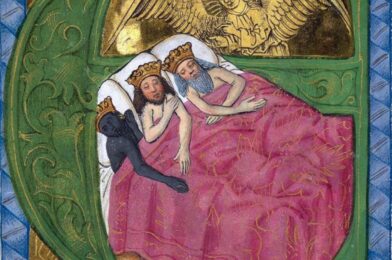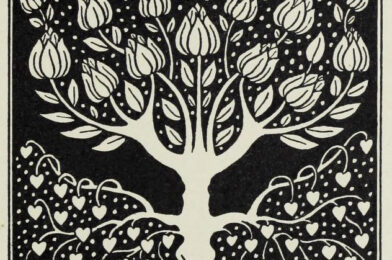In this episode of High Theory, Margaret Galvan talks about the queer politics of Visibility. In her work the activist practices of representation take concrete form in comic books, photographs, and even drawings on lecture slides!
In the episode, she discusses the photography of Nan Goldin and queer comic books in the 1980s. She quotes Adrienne Rich’s 1980 essay “Compulsory Heterosexuality and Lesbian Existence.” She also references This Bridge Called My Back: Writings By Radical Women of Color, and Gloria Anzaldúa’s Borderlands/La Frontera. At the end of the episode she references the Lesbian Avengers, who have amazing images.
Margaret Galvan is an assistant professor of English at the University of Florida. Her research examines how visual culture operates within the print media of feminist and queer social movements of the 1970s-1990s. Her brand new book In Visible Archives: Queer and Feminist Visual Culture in the 1980s, is out this fall from University of Minnesota Press‘s Manifold Scholarship Series. You should go check it out!
Because the amazing images Margaret talks about were drawn recently, they’re still in copyright. Our image this week is from Gladys Parker’s comic Mopsy which ran from 1937 to 1966. Parker was a successful female artist in a world of mainstream US comic books dominated by men.









